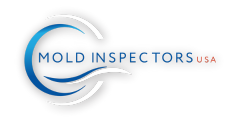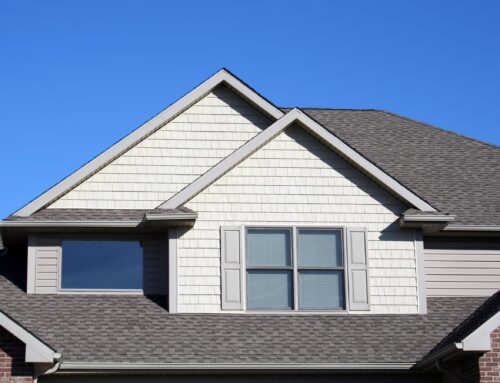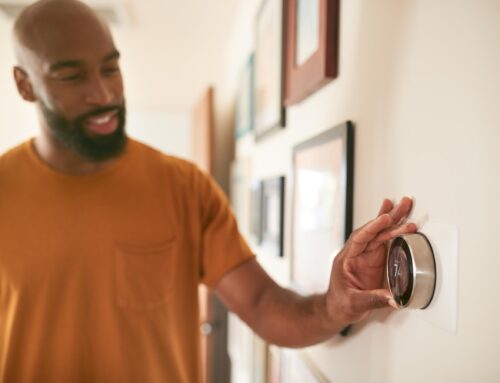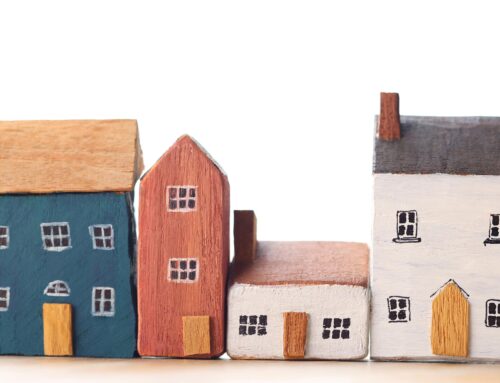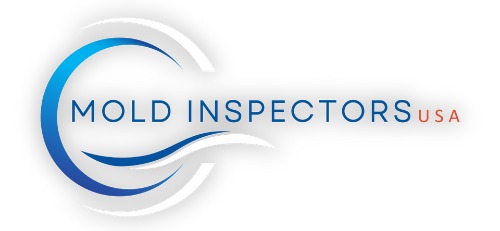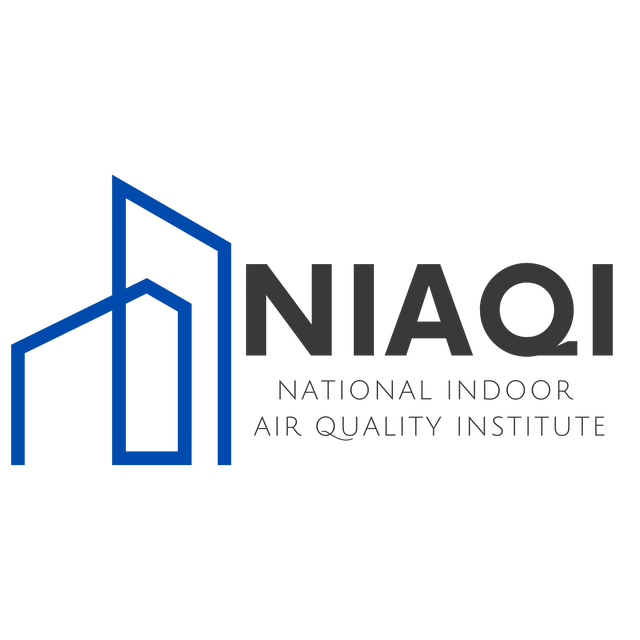No One Likes a Leak
Plumbing leaks can cause significant damage to your home and create the perfect breeding ground for mold. Taking proactive steps to prevent leaks is crucial for maintaining a healthy and safe living environment. In this article, we will discuss eight essential tips to help you prevent plumbing leaks and minimize the risk of mold growth.
- Regularly Inspect Your Plumbing System
Make it a habit to inspect your plumbing system periodically. Look for signs of leaks such as water stains, dripping sounds, or moisture buildup. Pay close attention to pipes, faucets, valves, and connections. Identifying and fixing leaks early can save you from more extensive damage in the future.
- Maintain Proper Water Pressure
High water pressure can strain your plumbing system and increase the likelihood of leaks. Consider installing a pressure regulator to ensure that the water pressure is at an appropriate level. This simple device can help protect your pipes and prevent potential leaks.
- Be Mindful of What Goes Down the Drains
To avoid clogs and potential leaks, be cautious about what you allow to go down your drains. Avoid flushing large amounts of toilet paper, sanitary products, or other non-biodegradable items down the toilet. Additionally, refrain from pouring grease or oil down the kitchen sink as they can accumulate and clog the pipes.
- Insulate Exposed Pipes
In areas with colder temperatures, it is important to insulate exposed pipes to prevent freezing and potential pipe bursts. Insulation sleeves or heat tape can provide an extra layer of protection. By insulating your pipes, you can reduce the risk of leaks caused by freezing.
- Monitor Water Consumption
Keeping an eye on your water bill is an effective way to detect hidden leaks. If you notice a sudden increase in your water usage without a corresponding change in your habits, it may indicate a leak. Additionally, regularly check your water meter for any unusual activity when no water is being used. Being vigilant about water consumption can help you identify leaks early on.
- Act Promptly On Any Leaks
No matter how small a leak may seem, it is essential to address it immediately. Ignoring even minor leaks can lead to more significant problems down the line, including mold growth. Take the necessary steps to repair the leak as soon as you discover it. It’s better to invest the time and effort upfront to fix a small leak than to deal with extensive damage later.
- Maintain Proper Ventilation
Proper ventilation is crucial in areas prone to moisture, such as bathrooms, kitchens, and basements. Ensure good airflow by using exhaust fans or opening windows. This helps reduce humidity levels, preventing condensation and inhibiting the growth of mold.
- Address Any Existing Mold Issues
If you find mold growth in your home, it is important to address the issue promptly. Clean and disinfect the affected area using appropriate protective gear. For extensive or recurring mold problems, it may be wise to seek professional help. Taking action against mold growth not only protects your home but also safeguards the health of your family.



